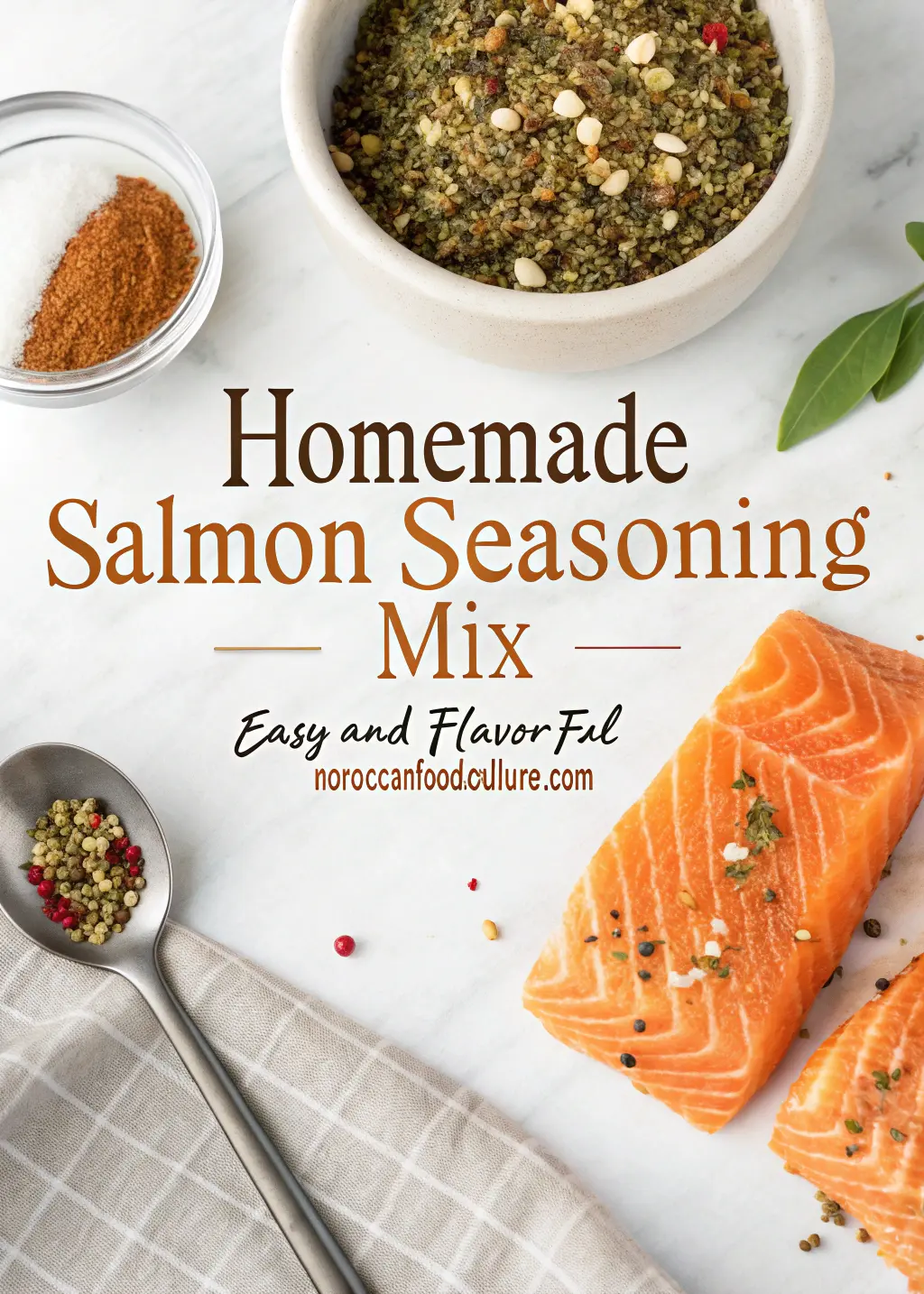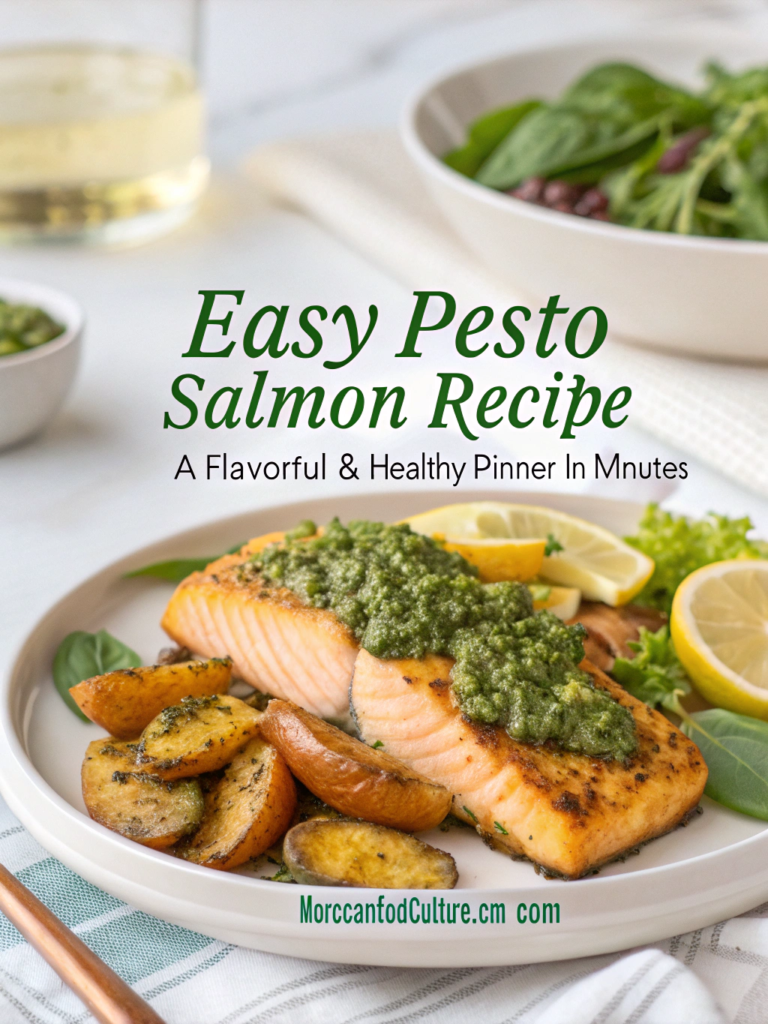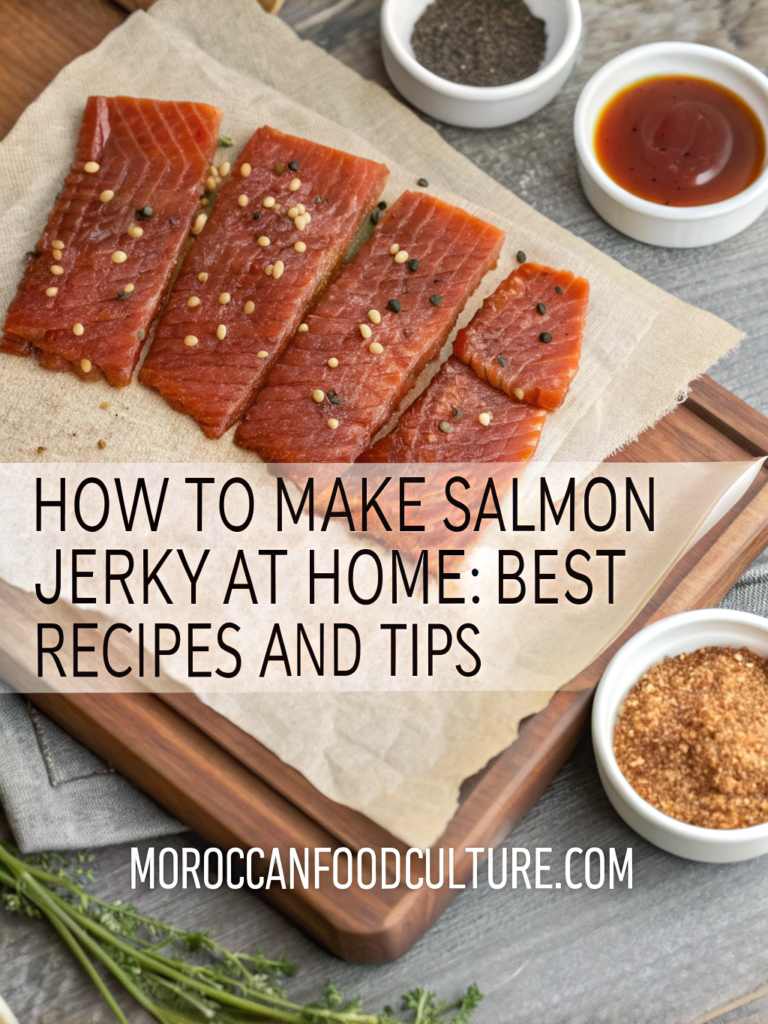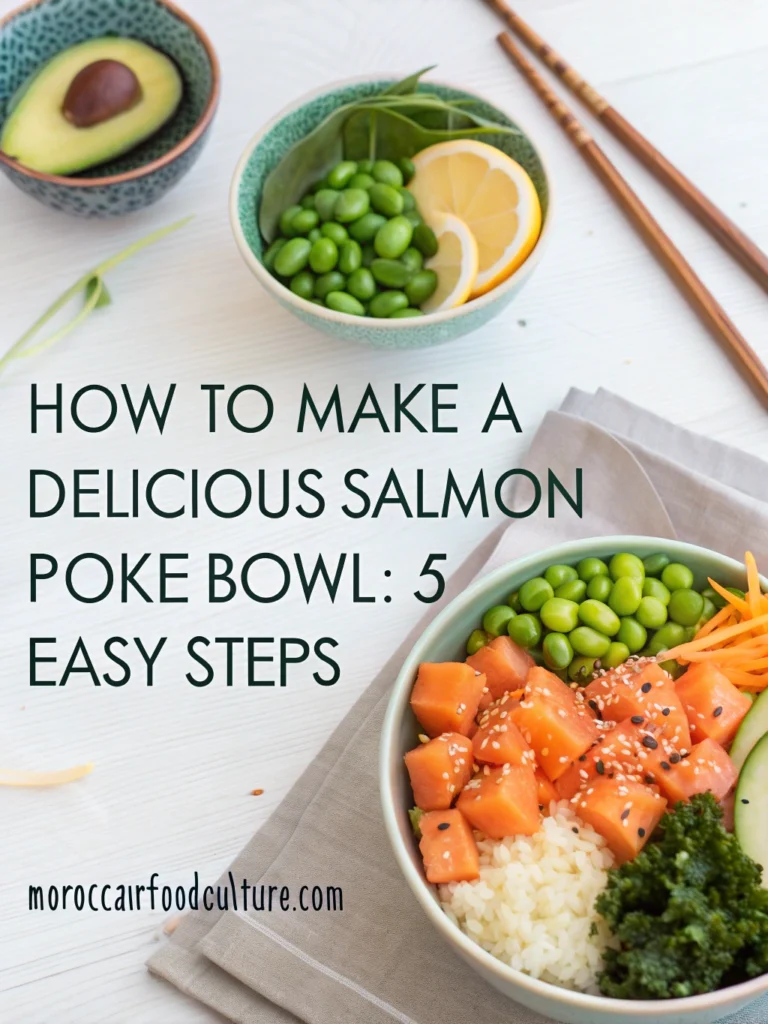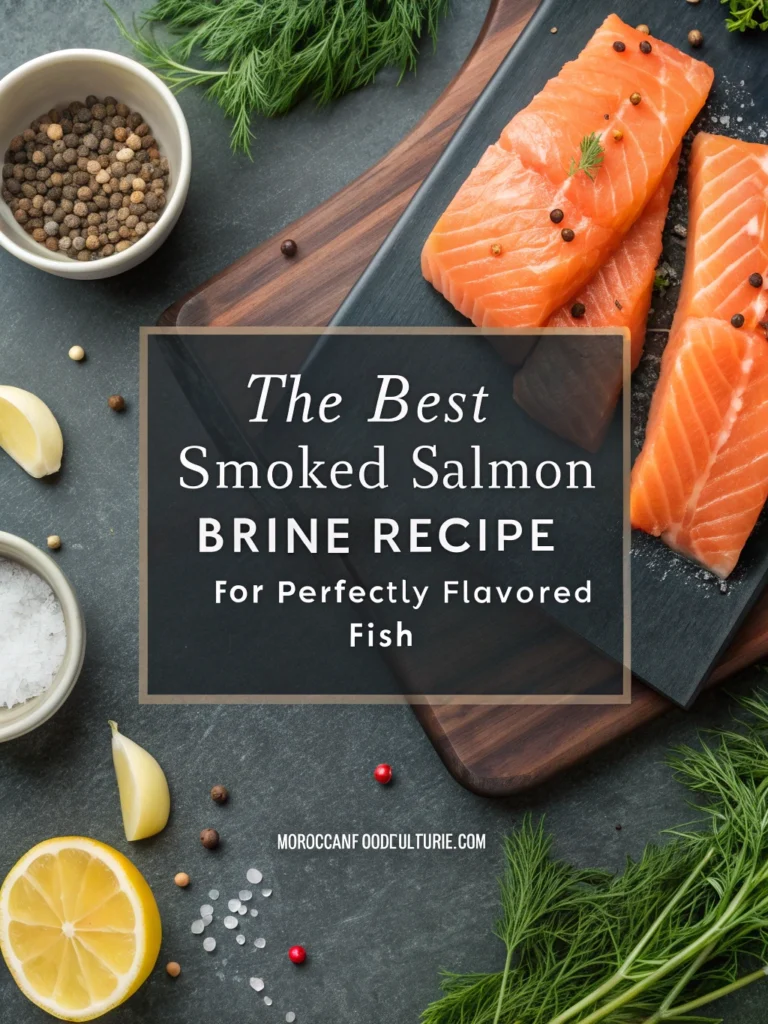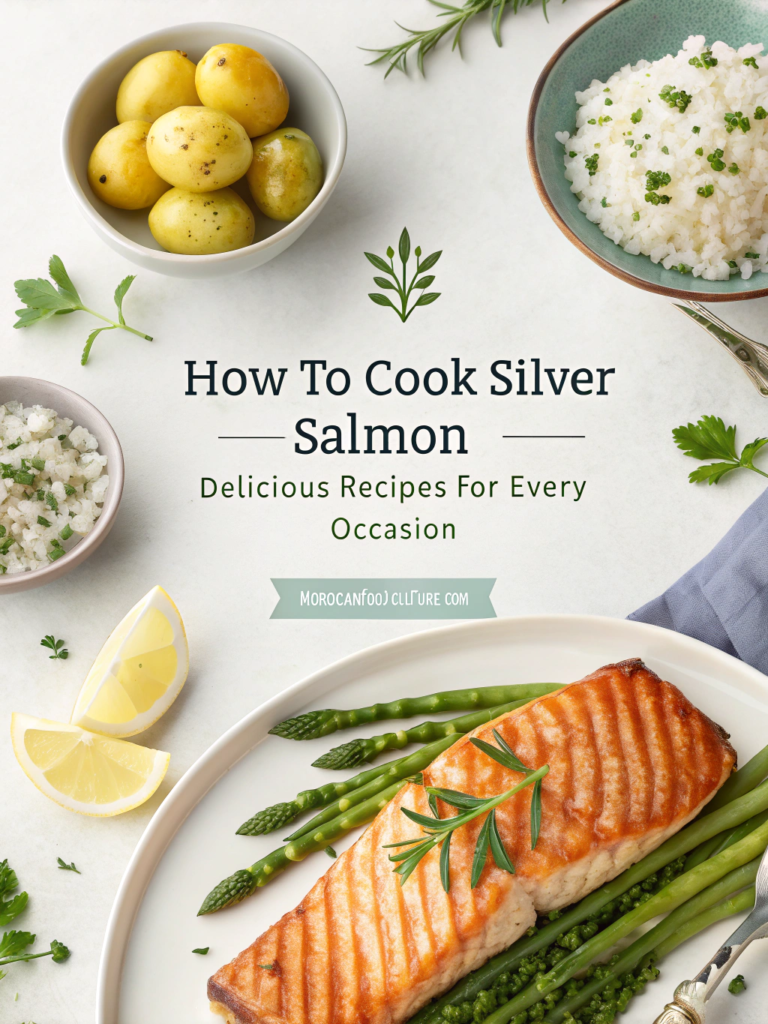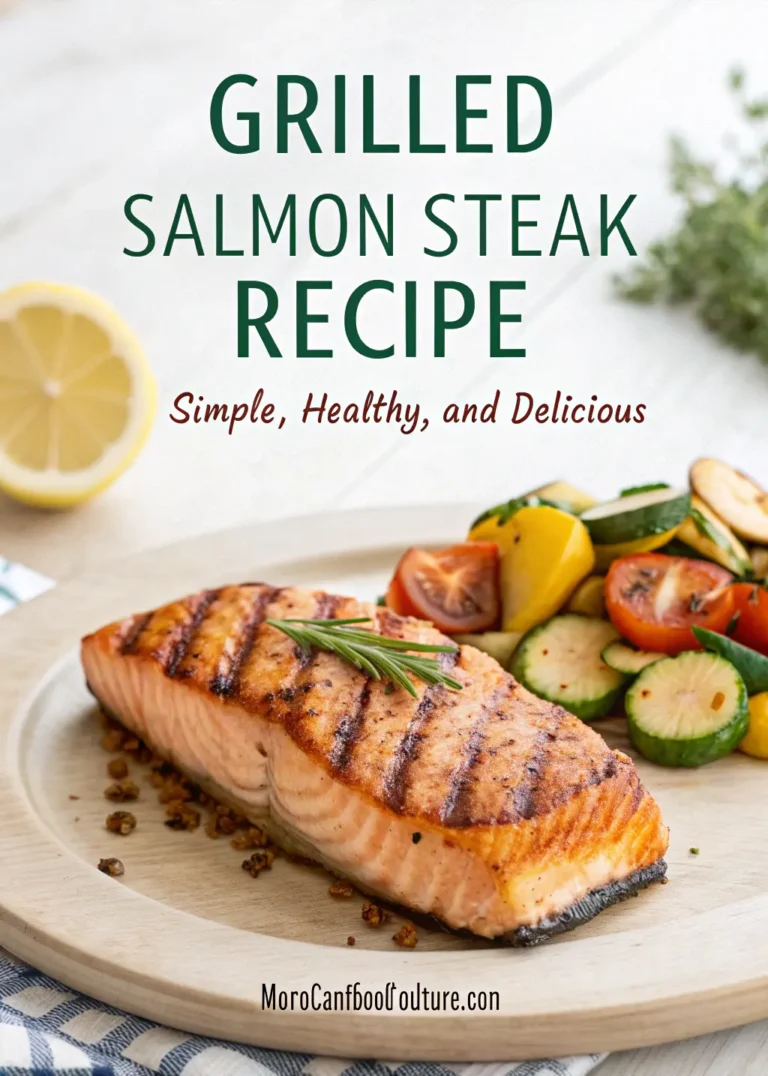Homemade Salmon Seasoning Mix: Easy and Flavorful Recipes for Perfect Fish Every Time
Introduction: The Magic of the Perfect Salmon Seasoning
Personal connection opening:
I still remember that disappointing dinner years ago—a beautiful salmon fillet reduced to a bland, uninspiring meal because I hadn’t discovered the transformative power of a proper salmon seasoning. Like many home cooks, I once believed that expensive fish should speak for itself, but I’ve since learned that the right seasoning blend doesn’t mask salmon’s natural flavors—it enhances them, creating a culinary experience that’s both comforting and sophisticated. Whether you’re tired of one-dimensional store-bought blends or simply want to elevate your seafood game without breaking the bank, crafting your own salmon seasoning mix at home will forever change how you prepare this nutritious fish.
Table of Contents
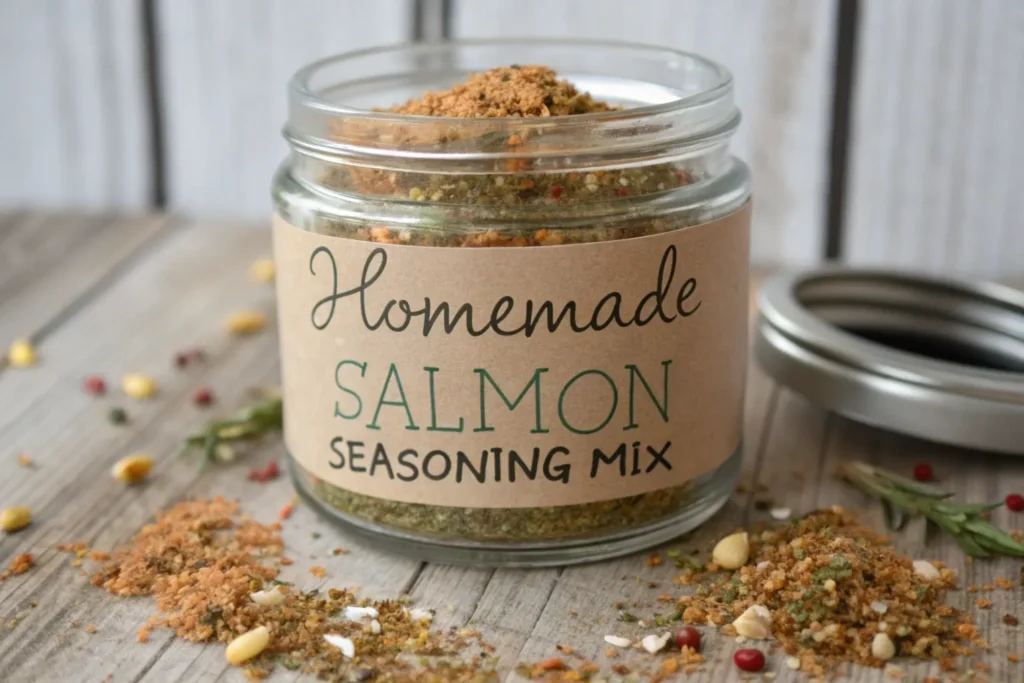
Why Homemade Salmon Seasoning Makes All the Difference
The Problem with Store-Bought Salmon Seasonings
- Excessive sodium and preservatives in commercial blends
- Limited flavor profiles that don’t accommodate different cooking methods
- Higher cost for pre-packaged convenience
- Ingredients you can’t pronounce or don’t want in your food
Benefits of Making Your Own Salmon Seasoning Mix
- Complete control over ingredients and flavor intensity
- Ability to customize based on personal preferences
- Significantly more cost-effective
- Fresher taste from recently ground herbs and spices
- No artificial additives or preservatives
Essential Ingredients for the Perfect Salmon Seasoning
Flavor Foundation Spices
Table: Core Salmon Seasoning Ingredients
| Ingredient | Flavor Profile | Recommended Amount |
|---|---|---|
| Sea Salt | Enhances all flavors | 2 tablespoons |
| Black Pepper | Adds gentle heat | 1 tablespoon |
| Garlic Powder | Provides savory depth | 1 tablespoon |
| Onion Powder | Adds sweetness and umami | 1 tablespoon |
| Brown Sugar | Balances flavors and helps caramelization | 1-2 tablespoons |
| Paprika | Contributes color and mild sweetness | 1 tablespoon |
Herbs That Complement Salmon Perfectly
List of herbs with brief descriptions:
- Dill: The classic salmon companion with bright, citrusy notes
- Parsley: Adds freshness and subtle earthiness
- Thyme: Provides aromatic complexity and earthy undertones
- Rosemary: Offers robust piney flavor (use sparingly)
- Tarragon: Contributes distinctive anise-like flavor that pairs beautifully with salmon
Citrus and Additional Flavor Enhancers
- Lemon zest (dried or fresh)
- Orange zest
- Sumac (for tangy, lemony notes)
- Nutritional yeast (for subtle umami flavor)
3 Signature Homemade Salmon Seasoning Recipes
Classic Everyday Salmon Seasoning Mix
Perfect for grilling, baking, or pan-searing
- Ingredient list with exact measurements
- Step-by-step mixing instructions
- Storage recommendations
- Best applications
Cajun-Inspired Spicy Salmon Seasoning
For those who enjoy heat with their seafood
- Ingredient list featuring cayenne, thyme, oregano
- Mixing instructions with customizable heat levels
- Storage guidelines
- Recommended cooking methods
Herb-Forward Mediterranean Salmon Seasoning
Light, fresh flavor profile
- Ingredient list highlighting dill, parsley, lemon zest
- Mixing and preparation steps
- Storage best practices
- Perfect pairings and serving suggestions
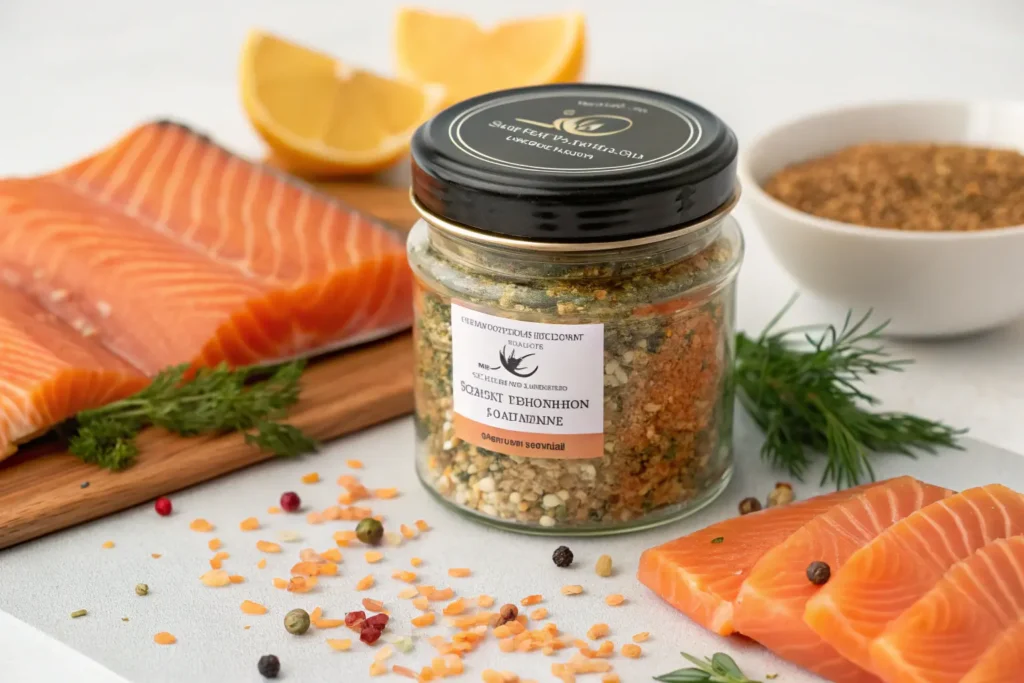
How to Apply Salmon Seasoning for Maximum Flavor
Proper Timing for Seasoning Application
- Dry brining technique (applying seasoning 30+ minutes before cooking)
- Just-before-cooking application
- Post-cooking finishing touches
Application Methods for Different Cooking Techniques
- For Grilled Salmon: Oil-then-season approach
- For Baked Salmon: Creating a seasoning crust
- For Pan-Seared Salmon: Skin-side considerations
- For Cedar Plank Salmon: Special seasoning approach
Common Seasoning Mistakes to Avoid
- Over-seasoning delicate salmon
- Under-seasoning thicker cuts
- Not accounting for cooking method when choosing seasoning intensity
- Forgetting to season the skin (when planning to eat it)
Storing and Preserving Your Homemade Salmon Seasoning
Best Containers for Maximum Freshness
- Recommendations for airtight containers
- Light protection considerations
- Moisture control tips
Shelf Life Guidelines
Table: Storage Duration by Ingredient Type
| Ingredient Type | Optimal Storage Conditions | Expected Shelf Life |
|---|---|---|
| Dried herb blends | Cool, dark place | 6-8 months |
| Spice-heavy blends | Cool, dark place | 8-12 months |
| Blends with salt | Cool, dark place | 1+ years |
| Blends with citrus zest | Refrigerated | 1-2 months |
Signs Your Seasoning Needs Refreshing
- Visual indicators
- Aroma changes
- Flavor degradation
Pairing Your Seasoned Salmon with the Perfect Sides
Complementary Side Dishes
- Vegetable pairings that enhance seasoned salmon
- Grain and starch recommendations
- Sauce considerations
Wine and Beverage Pairings
- White wine options
- Red wine possibilities (for stronger seasoned salmon)
- Non-alcoholic pairing suggestions
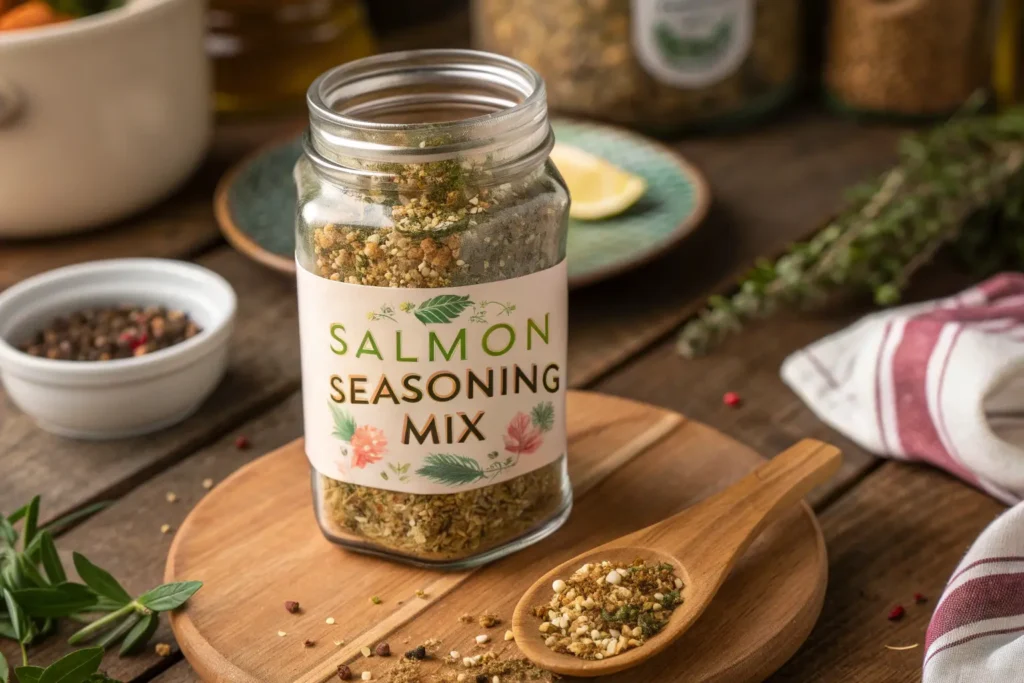
Conclusion: Elevate Your Salmon Game with Homemade Seasonings
A brief recap of the benefits of making your own salmon seasoning, with encouragement to experiment with personal variations. Emphasis on how this simple step can transform everyday salmon meals into restaurant-quality dishes. Final motivational call to action to try making homemade salmon seasoning right away.
FAQ About Homemade Salmon Seasoning
What is the best salmon seasoning for beginners?
For those new to making homemade salmon seasoning, start with a simple blend of salt, pepper, garlic powder, and dried dill. This fundamental salmon seasoning provides excellent flavor without overwhelming the fish’s natural taste.
How long does homemade salmon seasoning last?
Most homemade salmon seasoning mixes can last 6-12 months when stored properly in an airtight container away from heat and light. Blends containing citrus zest should be used within 1-2 months and kept refrigerated.
Can I use the same salmon seasoning for grilled and baked salmon?
Yes, most salmon seasoning blends work well for different cooking methods, though you may want to adjust the quantity. Grilled salmon often benefits from slightly more seasoning as some may fall through the grates, while baked salmon in a contained environment needs less.
Is salmon seasoning healthy?
Homemade salmon seasoning is typically healthier than store-bought versions as you control the sodium content and avoid preservatives or anti-caking agents. Many herbs and spices in salmon seasoning also offer additional health benefits and antioxidants.
What can I substitute for dill in salmon seasoning?
If you don’t have dill for your salmon seasoning, tarragon makes an excellent substitute with its similar but more anise-forward flavor. Alternatively, a combination of parsley and thyme can provide a nice herbal dimension to your salmon seasoning mix.
How much salmon seasoning should I apply per pound of fish?
For most salmon seasoning blends, use approximately 1-2 teaspoons per pound of salmon. However, adjust according to your taste preferences and the intensity of your specific salmon seasoning mix.
Have you given our recipe a try?
There are no reviews yet. Be the first one to write one.
